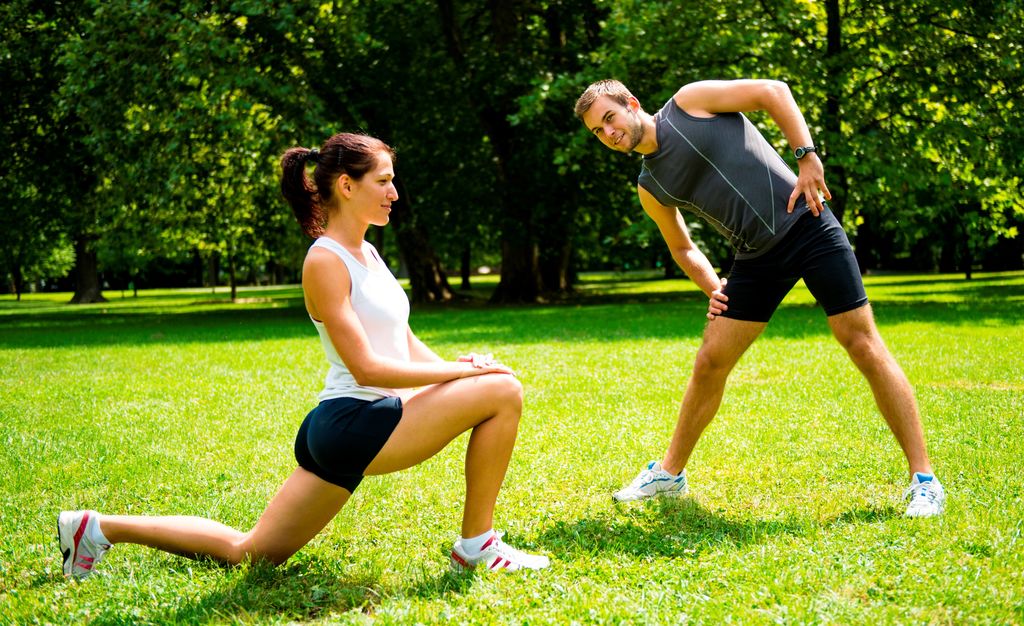Reasoning: Light to moderate physical exercise will help decrease depression rates. The research determined that gardening and walking had been related to a 23% reduced depressive risk and also a 26% reduced anxiety risk.

These results require accessible physical exercise in mental health interventions and highlight the need for tailored exercise plans based on specific needs and capabilities.
Important information:
Low-to moderate-intensity physical exercise decreases depression risk by 23% and anxiety risk by 26%.
Gardening and walking have a better effect on mental well being than intense exercise.
The benefits of exercise on mental health were consistent across populations globally, demonstrating its worldwide relevance.
Original: “The information wasn’t disclosed.” ed: “The source of the info was unknown.” Rephrased as the University of Anglia Ruskin or Anglia Ruskin University.
Current research suggests that light to moderate physical exercise is related to decreased depression.
ARU scientists checked out research from across the globe including evidence that physical exercise is able to help treat mental health problems.

The study published in the Biobehavioural and Neuroscience Reviews journal declared that physical exercise decreased the risk of depression by 23% and of anxiety by twenty six%.
A major connection was discovered between low to moderate physical activity , for example walking, golfing and gardening and lower chances of depression. But this wasn’t clearly shown for higher intensity exercise.
Physical exercise prevented a 27% increased risk of serious mental health disorders resulting in schizophrenia or psychosis.
Results were consistent across various age groups and genders worldwide.
Principal writer & Professor of Public Health at Anglia Ruskin University (ARU) Lee Smith stated : A significant struggle for public health officials is growing emphasis on preventing mental health issues.
These circumstances are complicated and call for medication, therapy, and lifestyle modifications.
The distinct effects of different intensity of physical exercise on depression even more emphasize the need for specific exercise suggestions. Moderate physical activity improves mental health by eliciting biochemical responses; vigorous exercise might worsen stress-related responses in some people.

Recognizing individual variations in exercise reactivity is vital for successful mental health interventions and activity suggestions must thus be customized to the individual.
Note that even light or moderate physical exercise may benefit mental health, and smaller sized changes to a lifestyle could be more quickly integrated without the needs of a demanding workout routine.